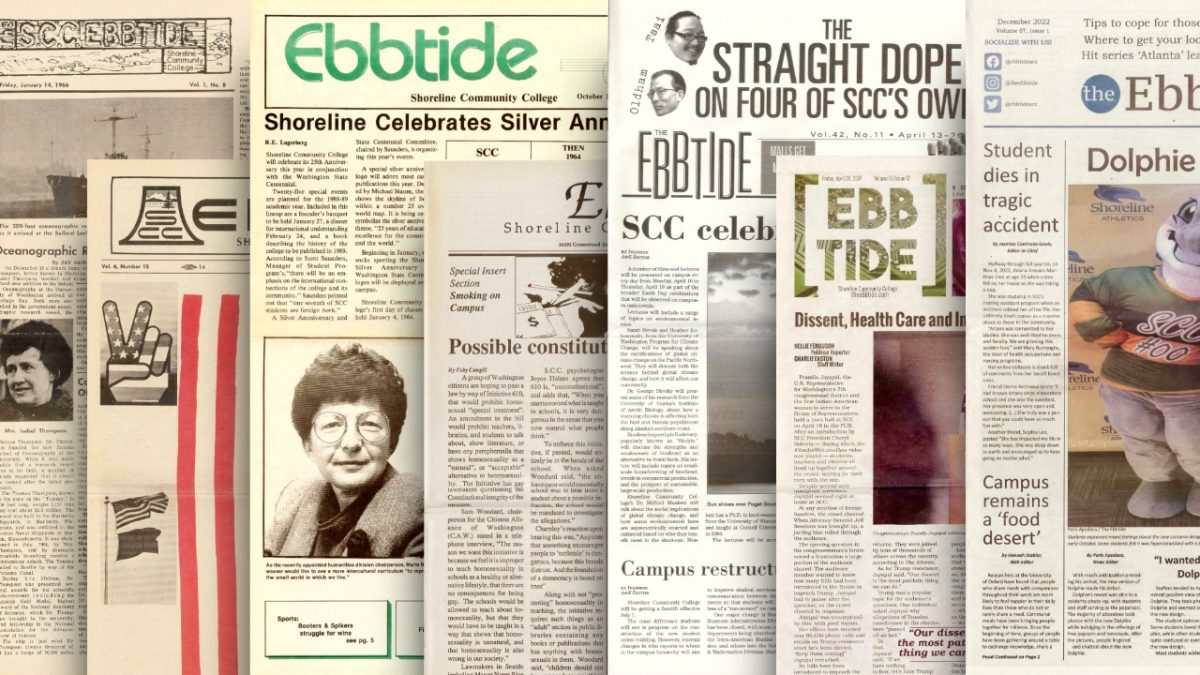Investigative Journalist’s Book Takes On Major Network

In these bitter, partisan times, America is united behind a distrust of journalists and the media. Conservatives claim the press is too liberal and out to get President Trump. Liberals claim the press is too conservative and not aggressive enough in calling out Trump’s lies.
Investigative reporter Ronan Farrow says people are right to distrust the media — but not for those reasons.
“Catch and Kill,” Farrow’s new book, tells the behind-the-scenes story of piecing together his Pulitzer-winning reporting on allegations of sexual assault at the highest echelons of American society. If that wasn’t enough, he details the resistance he faced within his own news organization, NBC, as he struggled to get the story to air.
The memoir manages something elusive in its particular brand of non-fiction: a well-developed character arc and, quite frankly, an interesting read. It’s clear why Farrow writes long-form for The New Yorker instead of the cut-and-dry news of The New York Times. He’s just a good writer.
While at times “Catch and Kill” seems self-congratulatory, a hazard of recounting something you’ve already won awards for, I couldn’t set the book down once I started it. Coming in at 464 pages, I lost a bit of sleep and missed a couple of homework assignments because I started reading right when my Amazon package arrived.
This isn’t just a story of a journalist talking to sources and conducting interviews. As the tagline, “Lies, Spies, and a Conspiracy to Protect Predators,” suggests, at times the story gets way more tense.
Very early on in Farrow’s research, he discovered that Harvey Weinstein hired private investigators to stalk Farrow while mysterious instagram accounts sent him death threats.
In a seamless transition between first and third person, readers get to pull back the curtain and see inside the meetings of former Israeli intelligence agents hired as contractors by Weinstein. One of those agents goes undercover to befriend one of Weinstein’s victims in an attempt to ferret out how much she’s said to Farrow and other journalists.
“I’m saying get a gun,” one source tells Farrow at the height of the drama. Later, Farrow locks all of his materials in a safety deposit box with a note to publish if he dies.
It was probably a little melodramatic to title a chapter “666” after the number of a safety deposit box that Farrow ultimately decided to pass on, but to each their own.
It’s Personal
Through flashbacks, he recalls how he questioned his sister, Dylan Farrow, for going public with allegations of sexual assault against their father, Woody Allen.
Eventually, in these flashbacks, Farrow comes to a realization that his sister’s claims were founded. He’s quick to point out that he isn’t crusading against Weinstein but writing on a subject he is passionate about.
To me, this really set Farrow’s book apart from other journalist’s memoirs on “the big story.” Farrow’s tale feels far more personal than, say, “All The President’s Men” — Bob Woodward and Carl Bernstein’s classic Watergate exposé.
I’m not saying you shouldn’t read both, because you should. But if you aren’t journalism-obsessed like me, Farrow’s is far less dry and more engaging.
New Allegations
No journalistic tell-all would be complete without a set of new facts, and though much of this tale has been previously reported, Farrow delivers.
Principal among his claims is an assertion that Matt Lauer, former anchor on NBC’s Today show, sexually assaulted more than one woman, and that NBC knew about it long before they fired him.
A trail of documents point Farrow to NBC’s efforts to silence Lauer’s accusers through “enhanced severances” as well as non-disparagement and non-disclosure agreements —He also names multiple women who choose to go public.Farrow also says that Lauer’s abuse did not stop with sexual assault; at least one woman alleges Lauer raped her while they were both employed by NBC.
The woman describes the incident to Farrow in detail in the book and he says that he corroborates her story with other witnesses.(Both NBC and Lauer deny Farrow’s allegations. Lauer describes what happened as an “affair.” These denials are included in the book.)
Farrow doesn’t stop with former NBC colleagues or Weinstein: He has a little something for the president of the U.S. as well.
Allegedly, at Trump’s behest, The National Enquirer purchased the rights to two previously unreported stories for the purpose of ensuring they remained that way. Farrow was unable to confirm the veracity of the stories themselves, but described a quid-pro-quo between Trump and leadership at the tabloid.
(The Ebbtide is not reprinting those stories because of the unconfirmed nature. They are included in the book with proper emphasis on the uncertainty of fact.)
This is where the title becomes ingenious — the story in The National Inquirer’s pieces isn’t the allegations themselves but the tabloid practice Farrow exposes.
“Catch and Kill” is a double entendre: literally, it’s an industry term for purchasing the rights to stories in order to keep them hidden. In Farrow’s case, he felt he had the story caught, so to speak, but NBC killed it.
With the uproar the book has created, NBC (or any reputable news organization) will probably think twice before squashing an explosive story like this again.







